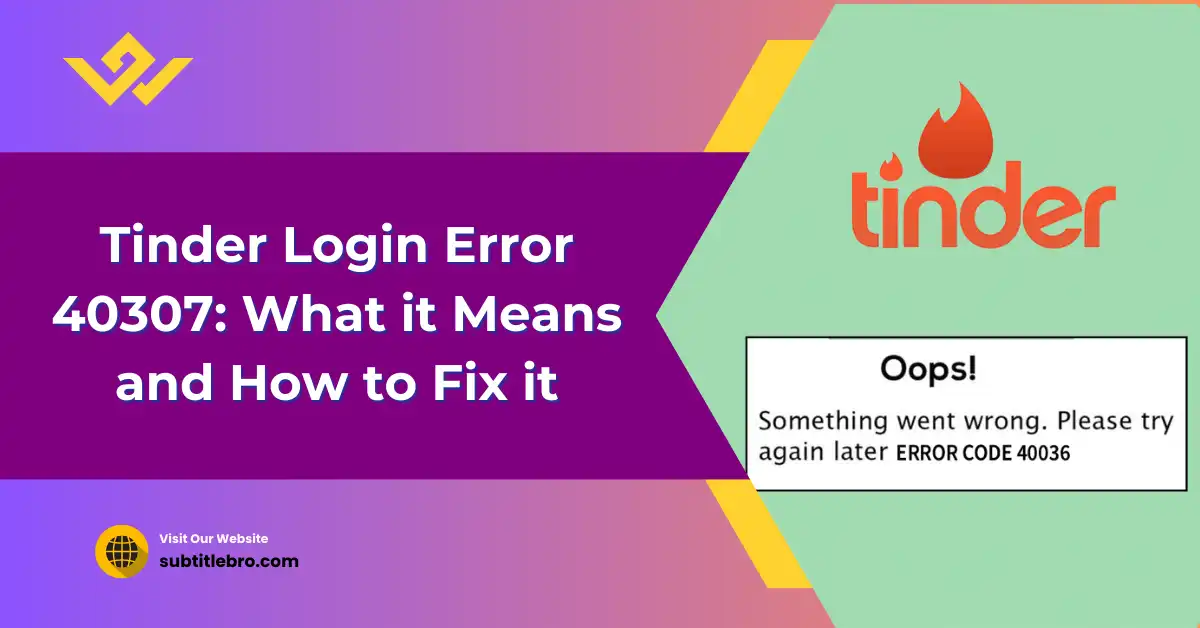Branded keywords: Why they matter and how to track them
When you start your own blog or website, one of the first things you’ll need to do is come up with a list of branded keywords. These are words or phrases that are associated with your business and that potential customers might be searching for when they’re looking for information about it.
If you want to rank well for your branded keywords, you need to track them carefully. Here’s everything you need to know about branded keyword tracking!
Your website or blog is only as good as the keywords that are associated with it. This means that you need to pay attention to what keywords your visitors are typing into the search engines, and figure out which ones are worth targeting for your own site. In this article, we’ll explain what branded keywords are and how you can track them for your business.
What is a Branded Term?
A branded term is a keyword that is associated with a particular brand. When someone searches for a branded term, the search engine will return web pages that are specifically about that brand. This is important because it allows businesses to target their advertising toward people who are specifically interested in what that business has to offer. Tracking branded terms is important because it allows businesses to see which keywords are driving traffic to their websites.
A branded term is a keyword that has been specifically chosen by a brand to represent its products or services. In order to ensure that your website is able to rank for these keywords, it is important to track them and determine which ones are the most effective for your site.
There are a few ways to track branded terms on your website. The first option is to use Google AdWords Keyword Planner. This tool will show you how many searches are being conducted for each of your selected branded keywords, as well as the competition that you are facing.
How to Track a Brand’s Keywords
Branded keywords matter because they can help you identify and track your company’s most popular search terms. Tracking branded keywords allows you to see what people are searching for when they are looking for information about your company or product. You can also use branded keywords to target your advertising efforts.
To track branded keywords, you first need to create a list of the company’s top keywords. This can be done by analyzing data from previous Google AdWords campaigns or by consulting with a marketing consultant. Once you have a list of your brand’s top keywords, you need to monitor how often people are using these terms in their search engine results pages (SERPs).
You can use Google Analytics to monitor traffic sources and click-through rates (CTRs) for your brand’s top keywords. This will give you an idea of which keywords are generating the most traffic and interest. You can also use keyword research tools like SEMrush or Google Trends to analyze how often people are using certain terms in relation to each other.
Advantages of Tracking Brand Keywords
When it comes to online marketing, one of the most important ingredients is tracking brand keywords. Why? Because they help you identify which campaigns are resonating with your target audience and whether or not your marketing efforts are having the desired effect. Not only that, but tracking brand keywords allows you to track changes in search engine ranking (SERP) over time, which can give you a sense of how effective your marketing campaigns are.
Here’s what you need to know about tracking brand keywords:
1. What is a brand keyword?
A brand keyword is a word or phrase that relates specifically to a particular company or product. For example, if you own a pet store, your brand keyword might be “pet supplies.” When someone types this word into Google, your website would show up as one of the results.
Don’t miss>>>
- A Step-By-Step Guide To Effective Personal Finance Planning
- How to Remove Someone from Snapchat Group
- 7 Ways to Make Money in Real Estate
2. How do I find my brand keywords?
There are a variety of methods for finding your brand keywords. You can use tools like AdWords Keyword Planner or Google Trends to see what words and phrases people are using more often than normal when searching for information related to your business. You can also use paid search advertising to bid on specific terms and see which ones generate.
Why They Matter
Branded keywords are a powerful tool for search engine optimization (SEO). They’re specific to your business and can help improve your ranking on popular search engines. And, because they’re associated with your brand, you can track their performance to optimize them further. Here’s why branded keywords matter, and how to track their progress.
1. They’re specific to your business
Branded keywords are specific to your business and its niche. They’re the words or phrases that customers would typically use to find information about your product or service. You can use these keywords in your website content and in your advertising campaigns.
2. They improve your ranking on popular search engines
When people type in a branded keyword into a search engine, they’re likely looking for information on that topic. Your website will show up higher in the results list if it has relevant content related to these keywords. This is especially important for businesses with smaller budgets – they can take advantage of large Google AdWords campaigns to target these keywords specifically.
Disadvantages of Tracking Brand Keywords

There are a few disadvantages of tracking brand keywords. First, it’s difficult to measure the effectiveness of a campaign because you don’t know what people were looking for that wasn’t related to your brand. Second, if your brand is new, you may not have enough search volume to generate meaningful data. Finally, you risk alienating your current customers by promoting unrelated content.
When you start tracking brand keywords, there are a few things to keep in mind. First, any keywords you add to your SEO strategy should be relevant to your business and its audience. Second, you need to be sure that you’re actually tracking these keywords and not just letting them sit in your keyword research tool without any action taken. Finally, you need to make sure that you’re properly attributing your traffic back to the right keywords. Here are a few of the disadvantages of tracking brand keywords:
1. You may not be getting the most relevant traffic. When you’re only targeting certain brands. It’s likely that your website is attracting traffic from other businesses that are also targeting those same brands. This can lead to a decrease in quality traffic for your website, as well as decreased ROI on your marketing budget.
What are Branded Keywords?
Branded keywords are words or phrases that are specifically associated with a brand. They can be used in online ads and on websites to improve search engine visibility and to help attract visitors from other websites.
There are a few things you need to know about branded keywords before you start tracking them:
First, you need to determine what qualifies as a branded keyword. Anything that is specifically related to the brand (such as the company name, product name, or slogan) can be a branded keyword. If you’re not sure whether a word or phrase is branded, ask your team or consultant.
Second, you need to track how many times each branded keyword is being used on your website and in your ad campaigns. This information will help you determine which keywords are working best for your brand and where you can improve traffic exposure.
Finally, it’s important to remember that not all traffic generated by using branded keywords will be attributable to marketing efforts alone. In fact, some of this traffic may be attributed to natural search engine organic results (SERPs). Still, using branded keywords in your advertising and website content can help boost traffic and leads.


